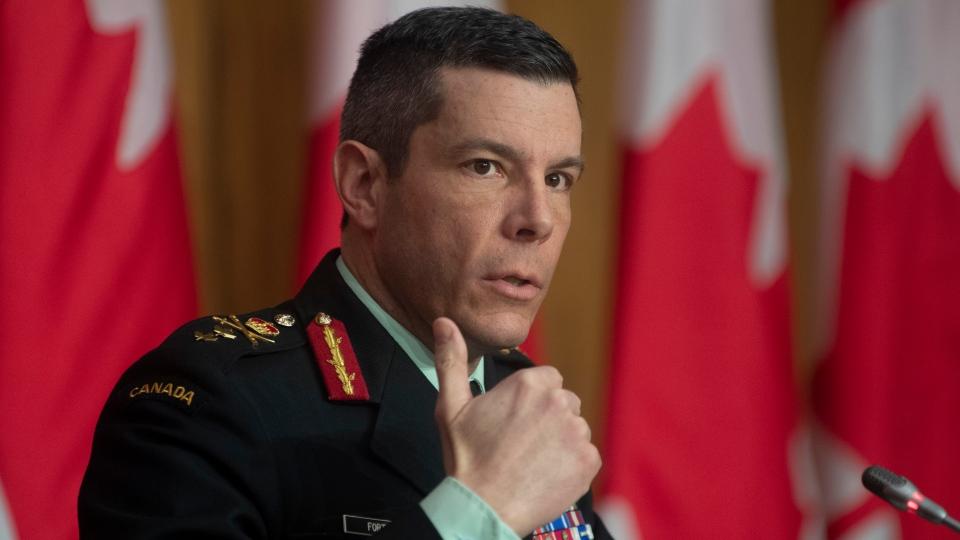OTTAWA—Canada is not going to get any vaccine doses from Pfizer-BioNTech next week and the federal government says it still can’t tell provinces exactly how many doses to expect over the next month.
The U.S. drugmaker is cutting back production at its European production facility in Belgium to upgrade capacity and increase the total doses produced there. But the pause means Canada’s expected deliveries are going to be smaller for the next four weeks, including getting nothing at all the week of Jan. 25.





